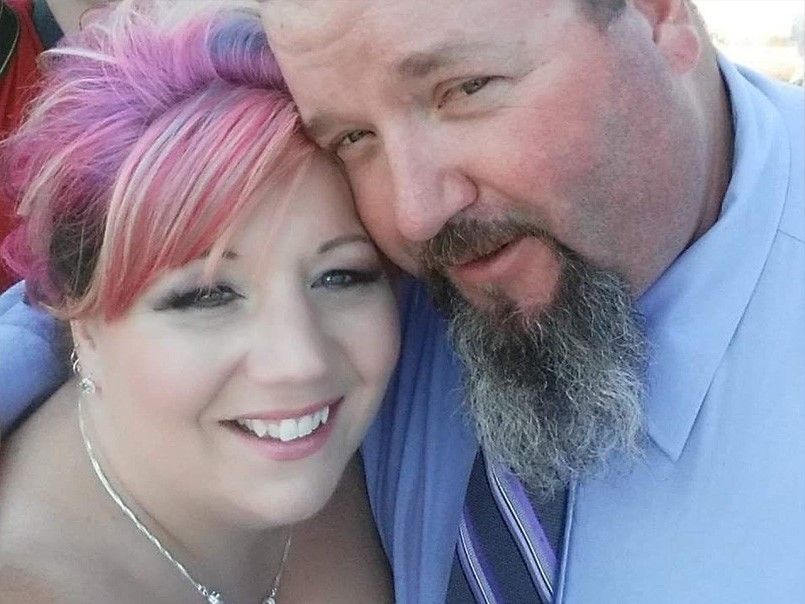'If Parliament were prorogued in such a way as to escape accountability... then that would be constitutionally problematic'
Published Jan 02, 2025 • Last updated 0 minutes ago • 3 minute read

OTTAWA — Prime Minister Justin Trudeau should get ready to go to court if he prorogues Parliament to dodge an expected non-confidence vote in January, says one legal activist.
Article content
Article content
Duff Conacher, head of citizen’s group Democracy Watch, said he’ll be keeping a close eye on the prime minister’s actions in the coming days.
“Democracy Watch will consider filing a court challenge if the Prime Minister asks the Governor General to prorogue Parliament at a time where it is clear that the prorogation is a self-interested move to protect the interests of the Liberal Party by preventing a majority of MPs from voting non-confidence in the government,” Conacher said in an email to the National Post on Tuesday.
Advertisement 2
THIS CONTENT IS RESERVED FOR SUBSCRIBERS
Enjoy the latest local, national and international news.
- Exclusive articles by Conrad Black, Barbara Kay and others. Plus, special edition NP Platformed and First Reading newsletters and virtual events.
- Unlimited online access to National Post and 15 news sites with one account.
- National Post ePaper, an electronic replica of the print edition to view on any device, share and comment on.
- Daily puzzles including the New York Times Crossword.
- Support local journalism.
SUBSCRIBE FOR MORE ARTICLES
Enjoy the latest local, national and international news.
- Exclusive articles by Conrad Black, Barbara Kay and others. Plus, special edition NP Platformed and First Reading newsletters and virtual events.
- Unlimited online access to National Post and 15 news sites with one account.
- National Post ePaper, an electronic replica of the print edition to view on any device, share and comment on.
- Daily puzzles including the New York Times Crossword.
- Support local journalism.
REGISTER / SIGN IN TO UNLOCK MORE ARTICLES
Create an account or sign in to continue with your reading experience.
- Access articles from across Canada with one account.
- Share your thoughts and join the conversation in the comments.
- Enjoy additional articles per month.
- Get email updates from your favourite authors.
THIS ARTICLE IS FREE TO READ REGISTER TO UNLOCK.
Create an account or sign in to continue with your reading experience.
- Access articles from across Canada with one account
- Share your thoughts and join the conversation in the comments
- Enjoy additional articles per month
- Get email updates from your favourite authors
Article content
Conacher said he regrets not filing a court challenge to stop Stephen Harper’s late-2008 shutdown of Parliament, which he called “a perfect situation for the courts to rule on whether such a prorogation is legal.”
He’ll still have precedent to point to, following a recent United Kingdom decision putting a cap on the British prime minister’s use of prorogation.
In a landmark fall 2019 ruling, the U.K. Supreme Court put the brakes on then prime minister Boris Johnson’s bid to silence Parliamentary debate ahead of the Oct. 31 Brexit deadline.
The court’s unanimous 11-0 decision nullified Johnson’s earlier request to the Queen to put a five-week pause on Parliament at the height of a political crisis over Britain’s imminent withdrawal from the EU. The prime minister and his fellow MPs went back to work the next day.
Paul Daly, an expert in common law at the University of Ottawa, told National Post that the case set a clear legal precedent for Westminster democracies, including Canada.
“The case made it very clear that Parliament plays an accountability function in Westminster systems,” said Daly.
By signing up you consent to receive the above newsletter from Postmedia Network Inc.
Article content
Advertisement 3
Article content
“If (Canada’s) Parliament were prorogued in such a way as to escape accountability, and prevent Parliament from playing its constitutional role, then that would be constitutionally problematic.”
Carleton University professor Philippe Lagassé, who studies executive power in Westminster states, says he agrees.
“I could see a similar challenge in Canada,” Lagassé said in an email. “The underlying issue would be comparable… would a prorogation frustrate an unwritten principle of democracy?”
Constitutional scholar Stéphane Sérafin said the challenge would likely be put to the Federal Court, which hears disputes over the federal government’s lawmaking powers.
“Once (jurisdiction) is established, the court could grant declaratory relief on the terms it considers appropriate,” said Sérafin.
“An appeal to the Supreme Court of Canada is not necessarily going to happen because it needs to grant leave.”
Political observers say it’s possible that Trudeau could ask Governor General Mary Simon to prorogue Parliament in the next few days, with all three opposition party leaders saying they’ll back a non-confidence motion when Parliament resumes in late January.
Advertisement 4
Article content
Trudeau is also fast losing the support of his fellow Liberal MPs, who are calling for him to step aside in increasing numbers.
One option is for Trudeau to close Parliament while the Liberal Party holds a leadership race to choose his replacement, setting the stage for a fall 2025 election.
National Post
[email protected]
Get more deep-dive National Post political coverage and analysis in your inbox with the Political Hack newsletter, where Ottawa bureau chief Stuart Thomson and political analyst Tasha Kheiriddin get at what’s really going on behind the scenes on Parliament Hill every Wednesday and Friday, exclusively for subscribers. Sign up here.
Our website is the place for the latest breaking news, exclusive scoops, longreads and provocative commentary. Please bookmark nationalpost.com and sign up for our politics newsletter, First Reading, here.
Article content
.png)
 2 days ago
9
2 days ago
9


































 Bengali (BD) ·
Bengali (BD) ·  English (US) ·
English (US) ·